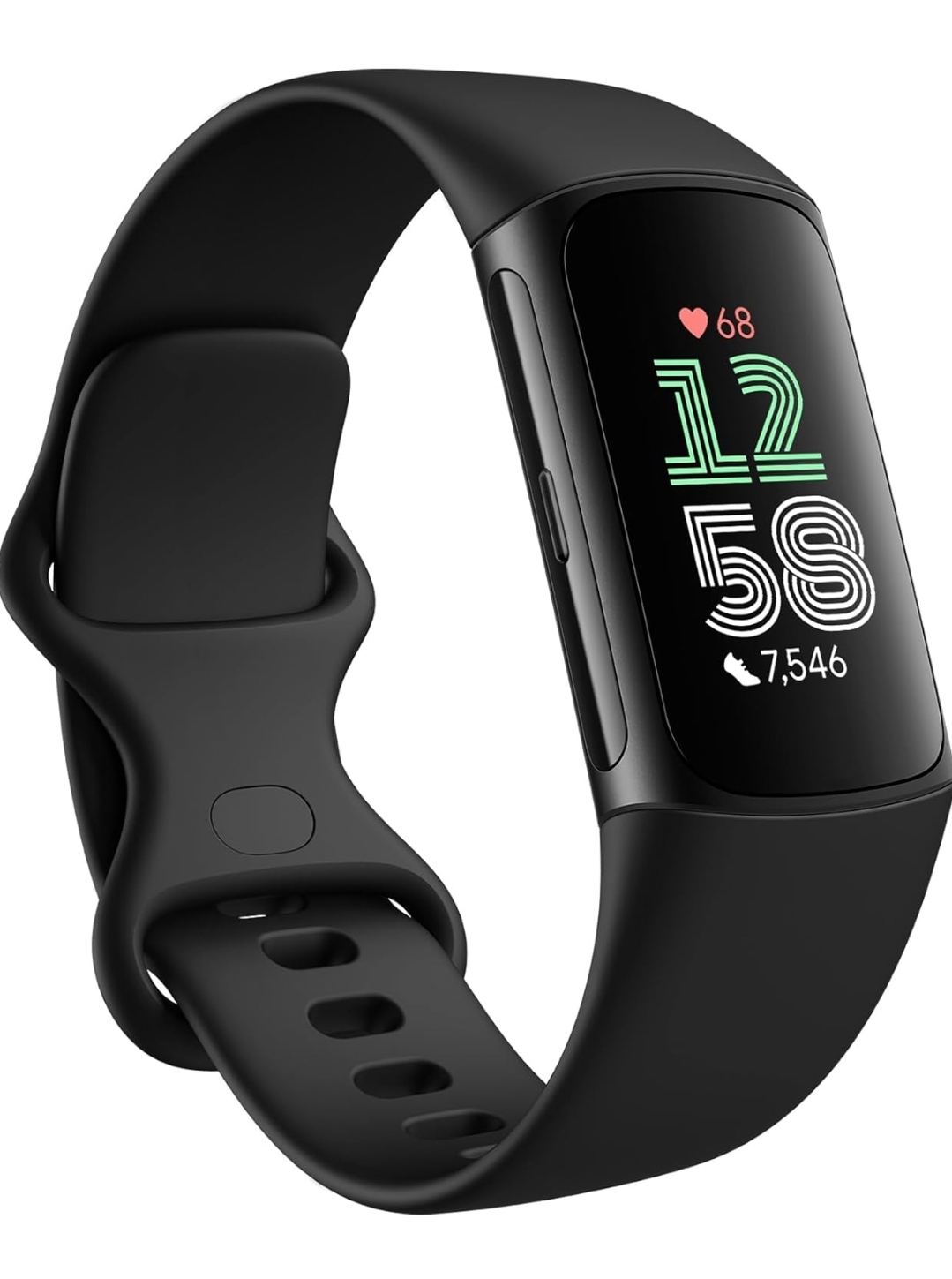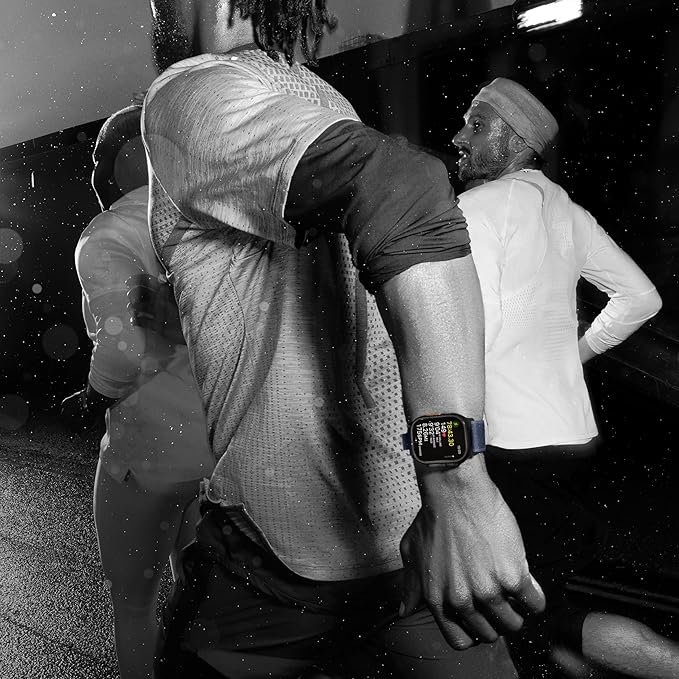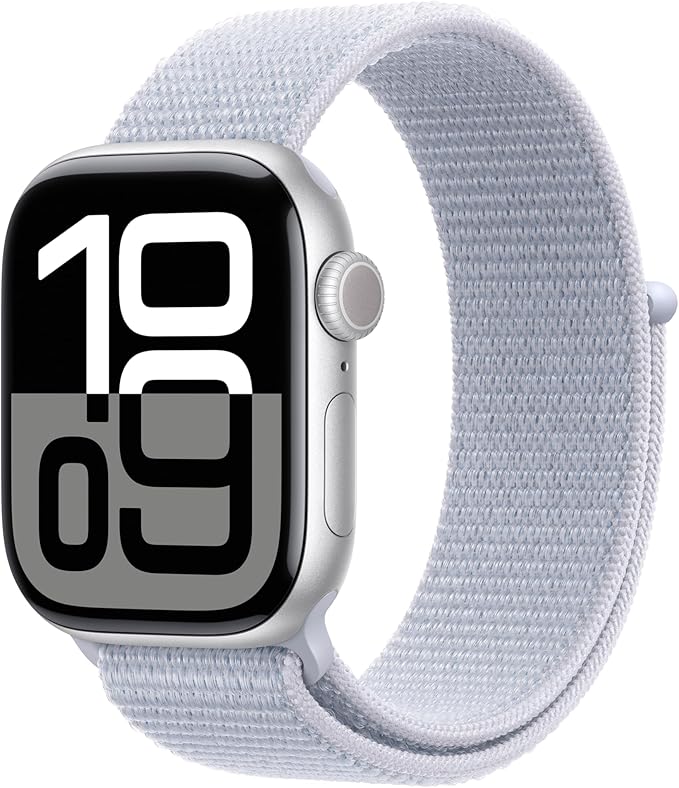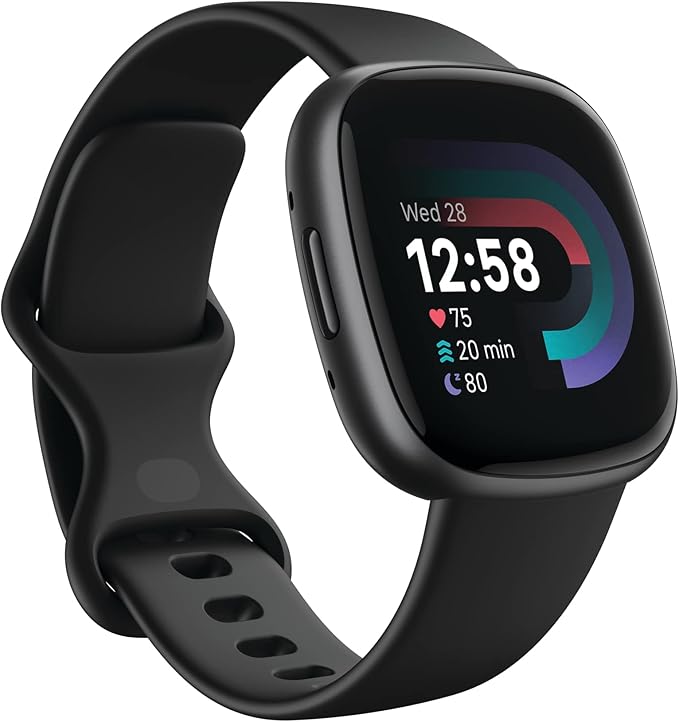Fitbit Charge 6 Fitness Tracker - Pros and Cons Review
The Fitbit Charge 6, released in September 2023, is a sleek and affordable fitness tracker, offering a blend of advanced health tracking and Google’s smart features. After testing this device, I’ve compiled a detailed review highlighting its strengths and weaknesses to help you decide if it’s the right fit for your fitness journey.
PROS
Robust Health and Fitness Tracking
The Fitbit Charge 6 excels in delivering comprehensive health metrics, making it ideal for beginners and casual fitness enthusiasts. It tracks heart rate, blood oxygen (SpO2), heart rate variability (HRV), stress, and sleep with impressive accuracy. The upgraded heart rate sensor is up to 60% more accurate than its predecessor, performing well during steady-paced activities like walking or rowing when compared to a chest strap. The device also offers over 40 exercise modes, including new additions like HIIT and CrossFit, with auto-detection for six popular workouts, ensuring versatility for various activities.
Google App Integration
Following Google’s acquisition of Fitbit, the Charge 6 integrates Google Maps, Google Wallet, and YouTube Music controls. Google Maps provides turn-by-turn navigation (via a paired phone), which is handy for urban runners, while Google Wallet offers seamless contactless payments, a significant upgrade over Fitbit Pay. These features add smartwatch-like functionality, making the device more than just a fitness tracker.
Sleek Design and Comfort
The Charge 6 maintains the slim, lightweight design of the Charge 5, weighing around 30-37g, making it comfortable for 24/7 wear, including during sleep. The 1.04-inch AMOLED display is vibrant and readable, with a reinstated haptic side button improving navigation compared to the touch-only Charge 5. Its 5ATM water resistance supports pool swimming, adding to its practicality.
Long Battery Life
With up to seven days of battery life (or about two days with always-on display enabled), the Charge 6 outlasts many competitors. This makes it ideal for users who prefer minimal charging interruptions.
User-Friendly App
The redesigned Fitbit app is intuitive, allowing customization of health data displays and access to a vast library of workouts and mindfulness sessions (with a six-month Fitbit Premium trial included).
CONS
Unreliable GPS
The built-in GPS is a significant drawback, often struggling with accuracy and connectivity. During testing, it sometimes failed to lock onto a signal or dropped mid-workout, with distance measurements off by up to half a mile. Dynamic GPS mode (using a phone’s GPS) performs better, but this limits its standalone capability, making it less ideal for runners who prefer phone-free workouts.
Fitbit Premium Paywall
While the Charge 6 offers robust free features, advanced metrics like Daily Readiness Score and detailed sleep insights require a Fitbit Premium subscription. This can feel restrictive for users who want full access without additional costs.
Limited Music Control
The YouTube Music integration is a nice touch, but the lack of support for other music services like Spotify or local music storage limits its appeal.
No Altimeter
The absence of an altimeter means the Charge 6 cannot track elevation or stairs climbed, a feature many fitness trackers include, which is a notable omission for hikers or those tracking vertical movement.
VERDICT
The Fitbit Charge 6 is a fantastic choice for casual fitness enthusiasts and beginners seeking a lightweight, feature-packed tracker at a reasonable price. Its health tracking, Google app integration, and long battery life make it a standout. However, unreliable GPS and the Premium subscription requirement may frustrate serious athletes or those needing precise outdoor tracking. If you prioritize comfort and daily health insights over advanced sports metrics, the Charge 6 is a worthy investment. You should buy yours now for the best price here.









Post Comment